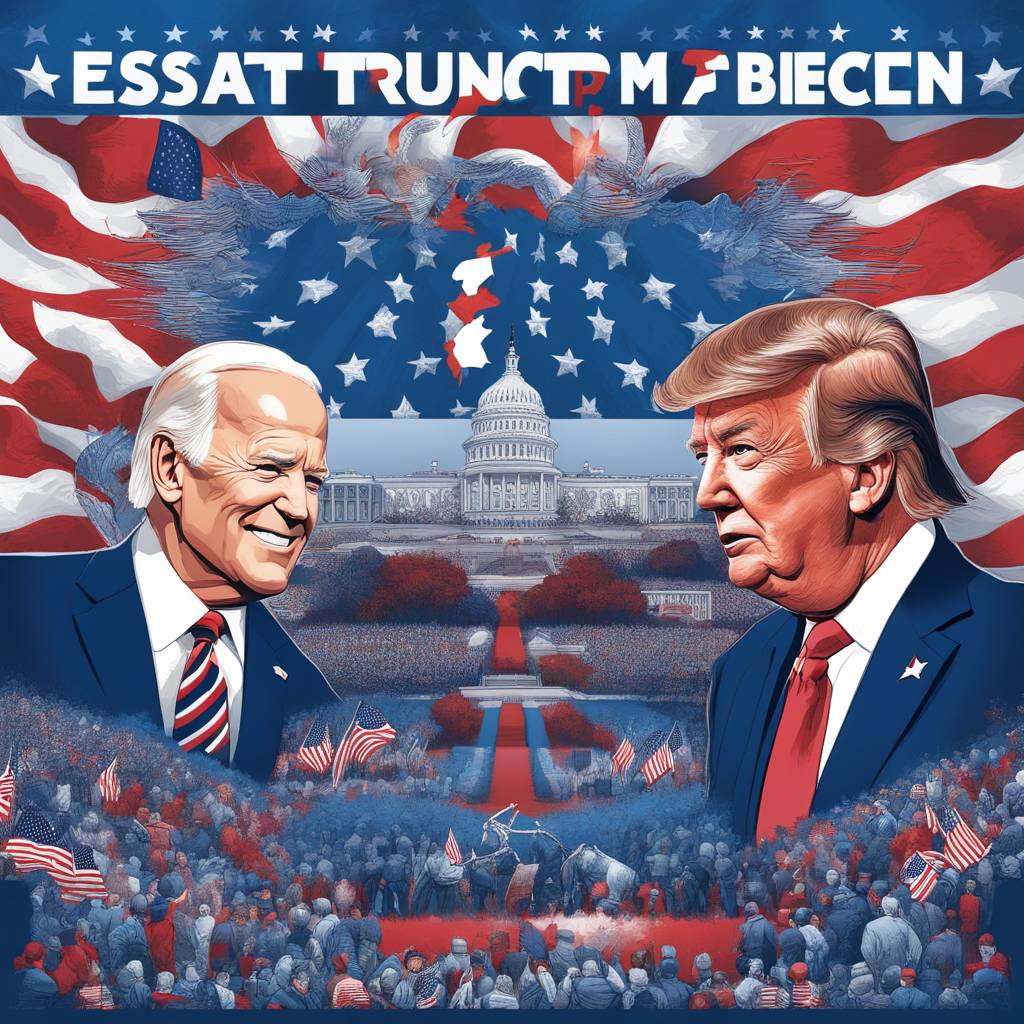A federal judge in New Jersey is expected to rule soon on a lawsuit that aims to challenge the state’s political machine by eliminating the party line system in primary elections. The lawsuit, filed by Democratic Senate candidate Andy Kim, could potentially disrupt the influence of party bosses in New Jersey politics. The issue of transparency and election fairness has been a long-standing concern in the state, with recent grassroots movements calling for reform in the wake of Donald Trump’s presidency and the Capitol riot.
The entry of Tammy Murphy into the Senate race, and the swift support she received from Democratic leaders, highlighted the power of the party line system in New Jersey. For decades, this system has allowed party bosses to control the ballot placement of endorsed candidates, giving them a significant advantage in elections. The lawsuit filed by Kim seeks to challenge this system and level the playing field for all candidates, promoting a fairer electoral process in the state.
The rise of grassroots liberal engagement following Trump’s election has energized efforts to challenge the party line system in New Jersey. Progressive groups and activists have mobilized to push for democratic reforms and increase transparency in the political process. The lawsuit filed by Kim represents a significant step towards dismantling the entrenched power structure that has dominated New Jersey politics for years.
Despite the challenges faced by reformers in the state, there is growing momentum to address the issue of the party line system and its impact on elections. The support for Kim’s lawsuit and the public outcry against the system from both Democrats and Republicans reflect a broader movement towards greater accountability and fairness in New Jersey politics. The outcome of the lawsuit could have far-reaching implications for the future of the state’s electoral process.
The ongoing legal battle over the party line system highlights the deep divisions within the Democratic Party in New Jersey and the broader implications for the state’s political landscape. The involvement of prominent figures like Tammy Murphy and Mayor Steven Fulop underscores the significance of the issue and the growing dissatisfaction with the current system. The court’s decision on the lawsuit could potentially reshape the dynamics of New Jersey politics in the years to come.
As the debate over the party line system continues, political leaders and activists are calling for a more transparent and democratic process in New Jersey elections. The push for reform and the legal challenges to the existing system reflect a broader national trend towards greater accountability and fairness in electoral politics. The outcome of the lawsuit and the public response to the issue will be critical in determining the future of New Jersey’s political landscape.













